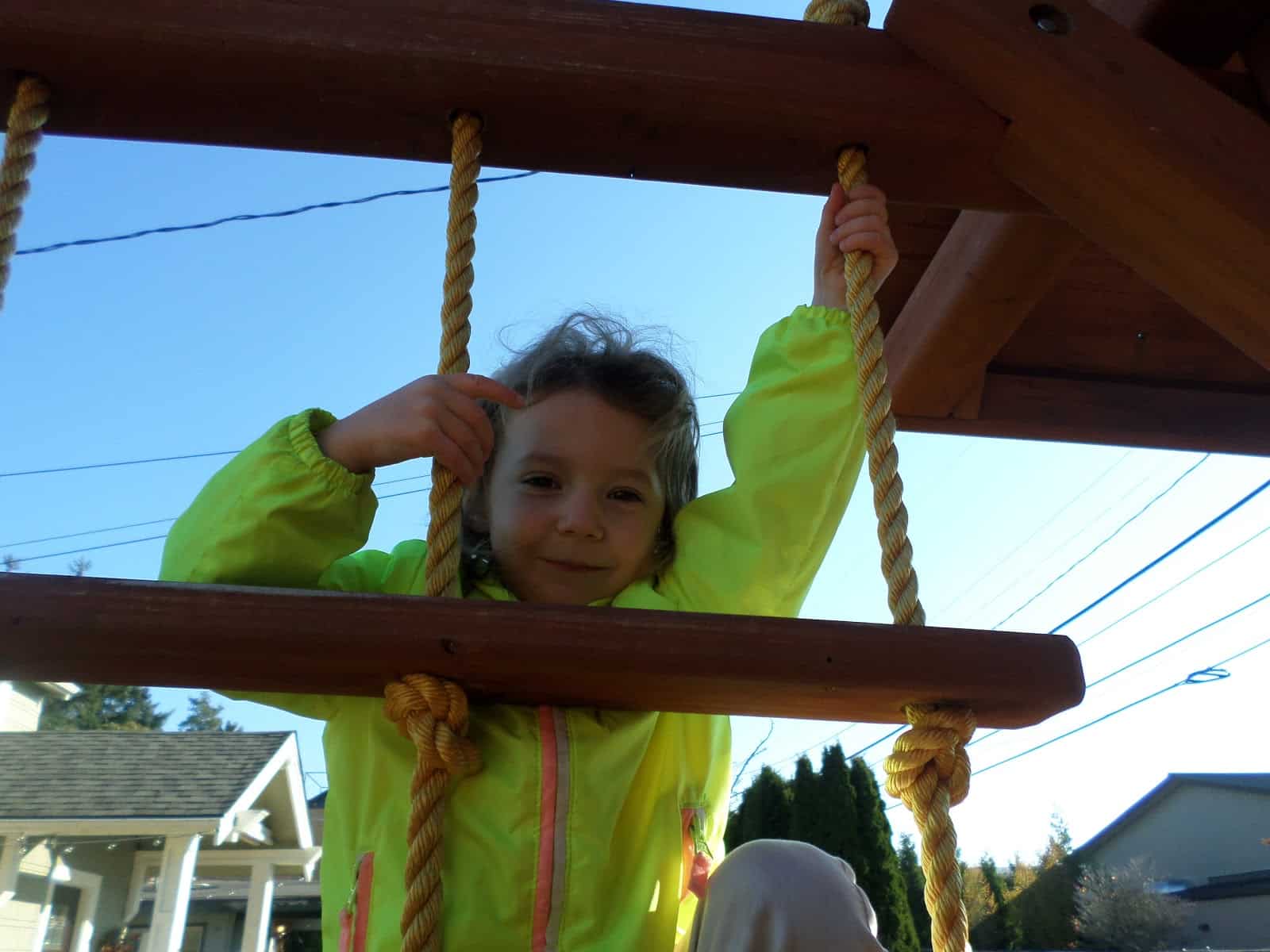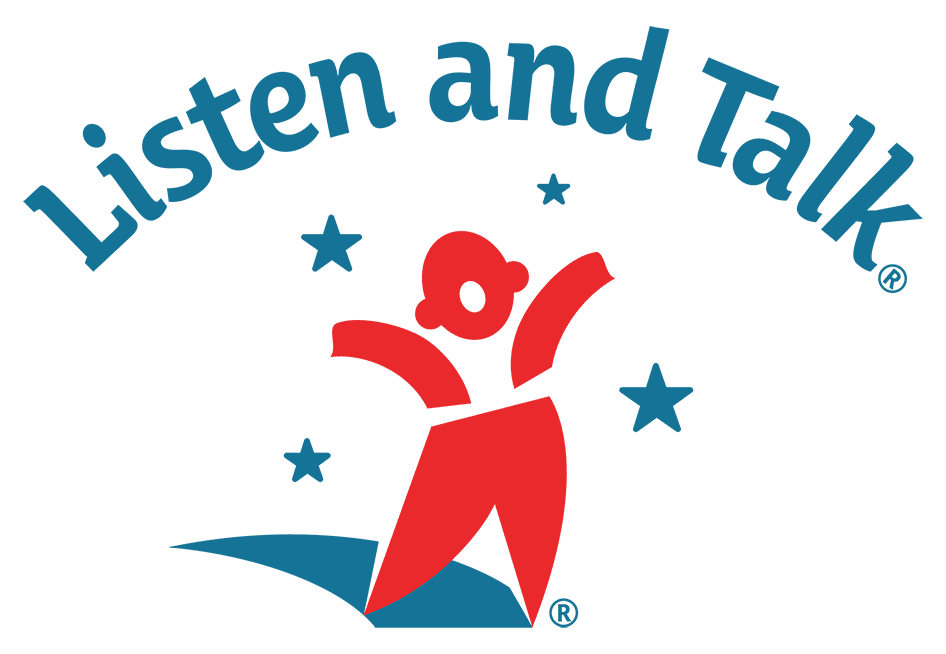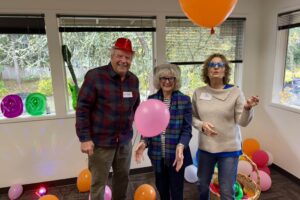
Alumna Interview Part 2: Emily
Transitioning from high school to college is a time fraught with excitement, anxiety, anticipation, and, hopefully along with it, a healthy dose of optimism about new and wonderful opportunities that lie ahead. New friendships, new social situations, determining a career path to sustain you for a lifetime: all of this change has the potential to be particularly overwhelming!
If you add hearing loss into the mix, you have an additional layer of complexity to take into account. Previously, the school district and the associated service providers have all taken a role in helping to facilitate the services and accommodations that are needed to foster a learning environment that is as close to ideal possible. Now, your academic environment is changing along with everything else. All of a sudden, you are solely responsible for seeking out and accessing your own services and accommodations. Where do you even begin?! Self-advocacy now takes on a whole new meaning!
In our previous discussion with Emily, we got to know more about her perspectives on self-advocacy and a bit about what her day to day life is like. During the second part of our discussion, she imparts her knowledge and experience regarding resource seeking, navigating, and obtaining the supports that she taps into to optimize her learning experience in the collegiate lecture hall.
Here is Part II of our conversation with Emily:
Ashley: [During the panel discussion at the Loeb Family Symposium at Seattle Children’s Hospital] You talked about your experience with Disability Resources for Students (DRS) (at the University of Washington). How did you find out about this support?
Emily: A few times a year back in high school, I would meet with my counselor to go over my 504 plan to make sure that everything was complete as I needed it to be. And one of the last meeting, I told her, “Hey it looks like I am going to UW! I hadn’t totally committed yet, but we figured I was going there.” And I said, “Do you know who is available to talk to about my ears?” and she told me about DRS, Disability Resources for Students. So, I went home and emailed, and we kind of had this conversation back and forth to find out what I needed. Then we set up an appointment for me to go into their office so that I could talk with them.
We took some of my hearing stuff, like my old Roger system and we took a copy of my 504 Plan that my high school counselor had given me, and we basically talked through my 504 Plan. Some things stayed on my accommodations list at UW and some got taken off. Also something got added. There were a lot of emails going back and forth until we figured things out. Then they showed me the student part of their website where I can view my classes and I can select which accommodations I wanted for which classes.
Some accommodations like closed captions were applied to classes where I am viewing a lot of media, apparently, that was my nutrition class. Yep, and it does not apply to my precalculus class. So I picked and chose which accommodations for which class and DRS has this thing that automatically generates and sends emails once you do that. After that, DRS told me, “We send out the list of accommodations, and we can talk to people if students are harassing you or the teachers are ignoring or do not understand (the accommodations), but it’s on you to kind of start the discussions.”
What I did in the first few days of class was I went up to my professors before class and said, “Hey I am Emily and I am student in your class and I am really excited to be in the class.” And I told them that I am deaf and so here is the two things that I am doing in class, like sitting in the front. And I introduced them to my Roger system and showed them how to wear it. They would say, “how do I turn this thing on?” and I would tell them “Don’t even worry about that. All you’ve got to do is wear it.” My teachers have been really good about that, which is really nice.
Ashley: It sounds like the resource center was really good about telling what your rights were as a student, which is super nice to know when you are responsible for advocating for yourself. What were some situations that were more difficult for you during the transition to college that you didn’t foresee?
Emily: One thing that I knew in my head but did not really grasp was the fact that seating charts really do not exist. In high school, I relied on those. In college, it’s literally first come first serve. I guess ,afterwhile, you have a spot that everybody knows you sit in, but the first few days were a little bit scary because I have to be there really early to get a good place to sit.
Ashley: Is there anything else that surprised you or caught you off guard?
Emily: Something that surprised in a pleasant way, was that a sheer amount of options that I discovered I had with DRS, like current captioning, lecture notes, students taking notes, recordings of lectures. Some of the things like recordings are available to everyone, but there are a lot of things that are available through DRS only. So I was like, wow! That is a lot of options. It’s kind of overwhelming trying to learn and figure out what would be right for me. Actually, we had one option on my list of accommodations that I don’t use, it’s called a “smart pen”. And it is essentially a pen that records while you write. Just because, it’s kind of clunky to use. It’s really cool in theory. I’ve seen people using that actually, but it just wasn’t for me.
Yoko: When you were talking about your Roger system and having a teacher use the transmitter, it got me thinking if you are able to hear other students asking questions or sharing their opinions when they don’t have a pass around mic or transmitter.
Emily: Yeah, fairly well. It’s the mixing ratio, I guess. It can be a little hard, but my accommodations actually have a thing that teachers repeat questions before they answer. My nutrition professor has been best at this, and she would say, “the question was” and she would answer the question.
Yoko: Do you use any accommodations other than the Roger system?
Emily: Yeah, the Roger system is huge! I also get preferential seating. I have a CART captioning in my nutrition class, which was so helpful. Another accommodation is copies of the slides and lecture notes, but most of the professors actually post those for the whole class. And then captions on any videos that are shown in class, sometimes that’s just as simple as clicking on the caption button. And sometimes my professors would send the video to DRS and DRS would caption it and send it to me and one another person who is also hard of hearing. So we both get it, and we both have an option to watch it with caption.
Ashley: Are there any “words of wisdom” that you could share with us, the kids we work with, or their parents?
Emily: My parents did not hold me or my brother back from stuff that we wanted to do, aside from skiing. That led to me doing nine productions with my theater group, me playing guitar (I actually play at least once a week now with my house community), me taking three years of French and led my brother also taking French. Actually, he got a special invite on the football team to play varsity for the playoff.
For kids, I would say do what you want to do, if you want play the guitar, play the guitar, if you want to learn a language, learn a language, if you want to do theater, do theater. Parents, don’t hold the kids back, just because they are deaf. Are they going to be the world’s best singer? No. Are they going to be completely fluent in a language after six months of learning it? No. But if that’s something they want to do, they cannot not be good at it.
Yoko: That is so powerful.
Ashley: That made my day.
Thanks again, Emily, for sharing your experience. Navigating new environments and services can be extremely intimidating, but you have definitely given us insight about what to expect and some helpful tips for figuring out what is available for individuals with hearing loss in their future after high school, and as they climb higher towards their aspirations and goals!



